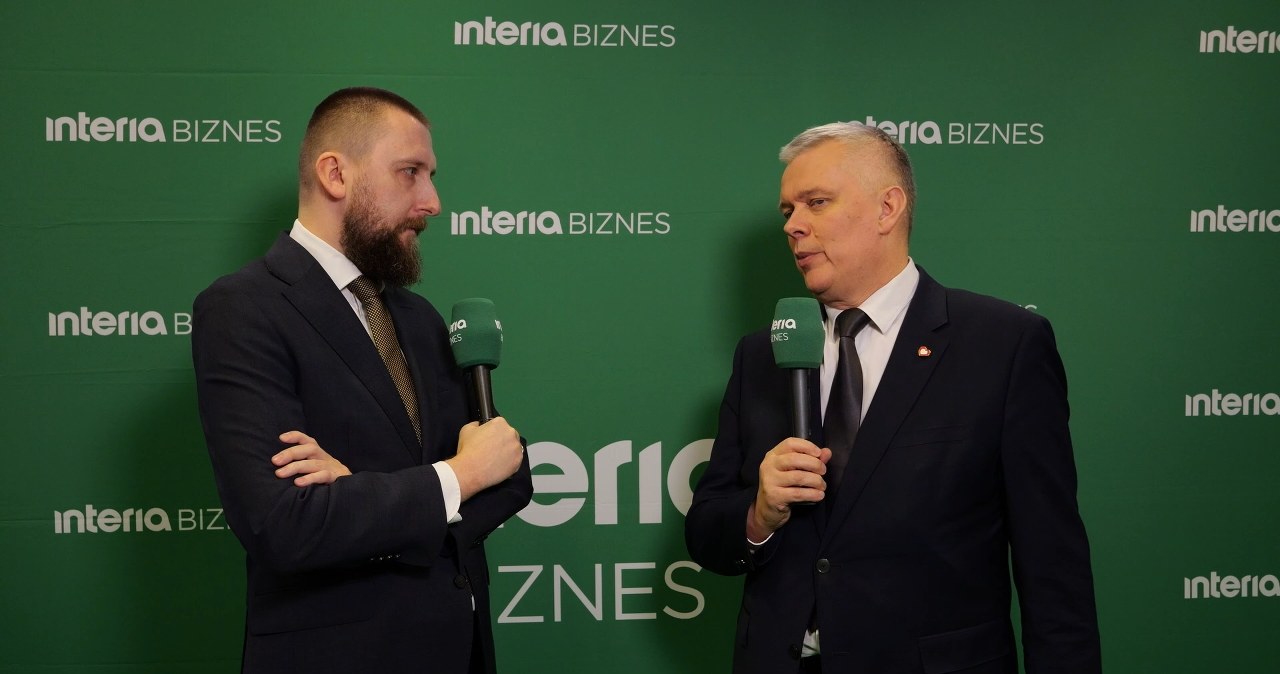Cybercrime is becoming increasingly expensive for companies across the board. IBM’s Cost of a Data Breach 2024 report puts the global average loss at USD $4.88 million, up 10% in a single year. It notes that attacks on critical infrastructure now average approximately USD $5.35 million per incident, and breaches involving public-cloud workloads average USD $5.17 million.
Why The Pressure Is Rising With Cybersecurity
Two fresh EU laws have recently cranked up the stakes:
- NIS 2 forces operators of essential services to report incidents within 24 hours and allows fines of up to 2% of global turnover.
- DORA (Regulation 2022/2554) adds strict resilience, testing, and reporting duties for banks and insurers that came into effect in January 2025.
Threat activity is rising in parallel. CERT Polska’s 2024 annual report notes a sharp year‑on‑year surge in phishing and ransomware aimed at energy and logistics targets, among other threats. Big Tech is taking note: in February 2025, Google pledged USD 5 million to upskill one million young Poles in cyber and AI skills.
Are Cybersecurity Experts in Demand in Poland?
Very much so. The Polish Chamber of Information Technology and Telecommunications (PIIT) estimates the country is short 50,000 IT professionals, with security roles making up roughly 10,000 of that gap. An OECD study that scraped millions of online vacancies shows cybersecurity postings in Poland climbing steadily every year from 2018 to 2023, showing no signs of slowing down.
Globally, the talent gap stands at 4 million specialists, according to the 2024 ISC2 Workforce Study. The EU agency ENISA warns that without faster hiring and training, Europe risks missing key 2030 digital‑transformation targets.
Job boards echo the crunch. A weekday scan of Pracuj.pl in June 2025 showed 900+ adverts mentioning cyberbezpieczeństwo, while LinkedIn returned 1,300 roles tagged “cybersecurity.” Most ads ask for cloud‑security tooling (Azure Sentinel, AWS GuardDuty) plus hands‑on incident‑response, so more certs and experience with these is a good start.
Getting ears on the ground, Reddit chatter backs this up:
- One r/Warsaw poster put it bluntly: “There is a big demand in this type of profession, but it’s challenging to get all the knowledge for the job. Finding a job is not that hard.”
- On r/cscareerquestionsEU, another commenter noted: “Poland is hot at the moment as many multinationals are hiring there as it is cheaper.”
A Recruiter’s View – Verita HR
Since 2018, Verita HR has been supporting clients in building entire cybersecurity hubs. We spoke to Daria Mojzesz, Junior Key Account Manager and Senior HR Projects Co-ordinator at Verita HR Group for more insights.
Daria shared how over the years Verita HR has helped companies setup and resource entire cybersecurity teams. In her role she has even worked on site with customers of Verita HR Group in Krakow.
“In the four years I have been with Verita HR Group my main focus has been cybersecurity,” Daria explained. “In that time I have seen the demand for cybersecurity professionals constantly increase. From helping with penetration testers and threat hunters when I first started, to now helping Cloud security engineers in finding the right role, the market has also matured.
“Poland has developed into a country that is very focused on cybersecurity. Security is of growing importance for the country’s future. Those who want to grow in this field have good job prospects ahead of them.”
What This Means for Employers
- Fund the learning curve. Paying for a CompTIA Security+ or AZ‑500 voucher costs less than a week of breach clean‑up.
- Sell the mission, not just the payslip. Engineers want to actively hunt threats and automate playbooks. They want to feel their efforts make a difference.
- Look beyond Warsaw. Katowice, Poznań, and Tricity universities graduate cyber talent every June. Remote or hybrid contracts widen the funnel, giving lots of places to source from.
- Stage career ladders. Juniors stay when they see a clear path from SOC L1 to threat‑intel or purple‑team roles. Too compartmentalized companies tend to sour for talented security experts if they have no career mobility.
What This Means for Specialists
- Certs still open doors. Security+, AZ‑500, or AWS Security Specialty remains an instant credibility boost. Balance certs with real experience for optimal career growth.
- Cloud and identity pay well. Breaches involving multi‑cloud data carry the heaviest fines, making IAM, Azure AD, and Key Vault skills lucrative. Experts across disciplines can be valuable, but make sure your ‘sell’ as a specialist is strong.
- English gives you reach. Nordic and German firms source Polish contractors for 24/7 monitoring. Clear communication tips the scale and opens many doors.
How Verita HR Can Help
Whether you need a contract SOC analyst tomorrow or a full incident‑response squad next quarter, Verita HR keeps an active bench of pre‑screened specialists at the ready.
Our recruiters manage LinkedIn groups and host regular meet-ups with over 5,500 members of Poland’s tech community, resulting in faster shortlists, better fits, and motivated hires.
Talk to one of our Verita HR recruiters here today to close that skills gap before the next cybersecurity breach occurs.
Verita HR offers services including RPO | Permanent Recruitment | Outsourcing | Media Services








